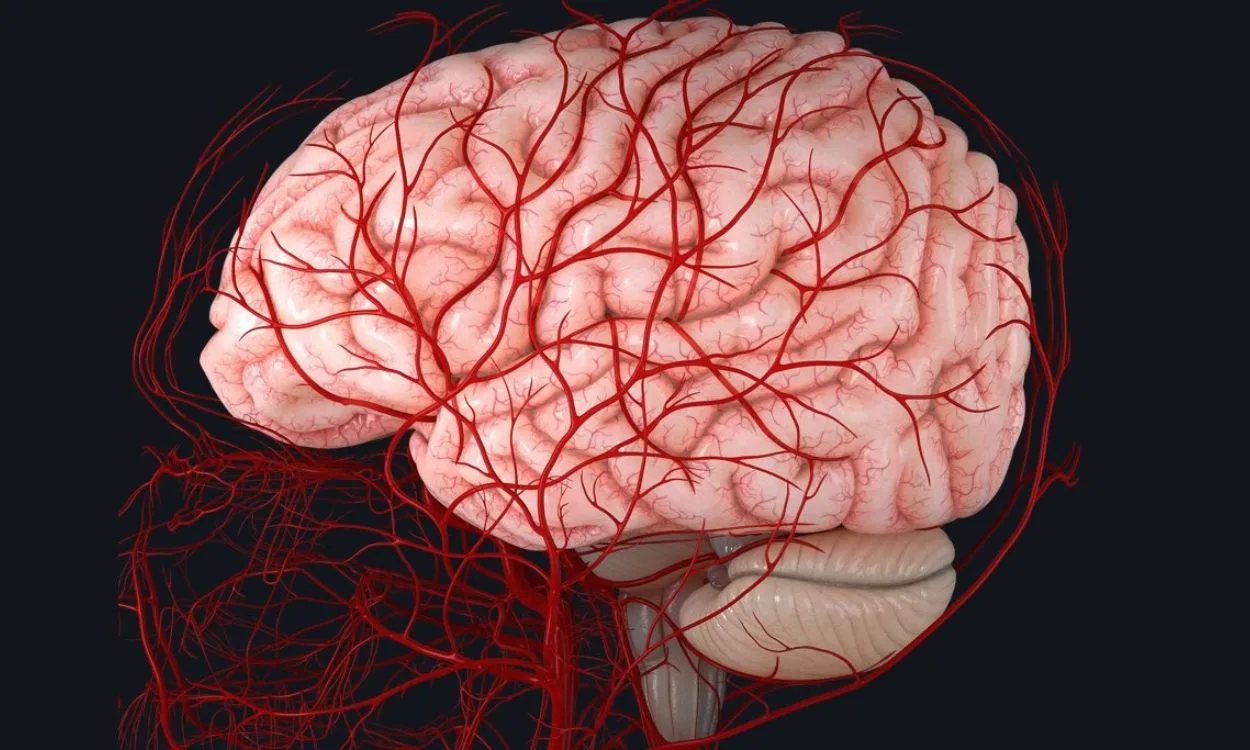How Does Hypertension Affect Blood Flow to the Brain?
Hypertension, commonly known as high blood pressure, is a chronic medical condition in which the force of blood against the walls of the arteries is consistently too high. It is a major risk factor for various cardiovascular diseases and can have significant effects on the body, including the brain. In this article, we will explore how hypertension affects blood flow to the brain and the potential consequences of this condition.
Understanding Hypertension
Before delving into the effects of hypertension on blood flow to the brain, it is important to briefly understand what hypertension is and how it is diagnosed. Blood pressure is measured using two values – systolic pressure (the top number) and diastolic pressure (the bottom number). Normal blood pressure is typically considered to be around 120/80 mmHg.
Hypertension is diagnosed when blood pressure consistently exceeds 130/80 mmHg. It is classified into two categories: primary hypertension (where the cause is unknown) and secondary hypertension (which is caused by an underlying medical condition).
Hypertension and Blood Flow to the Brain
Hypertension can have detrimental effects on blood flow to the brain due to the increased pressure exerted on the arterial walls. Here are some ways in which hypertension affects blood flow to the brain:
- Arterial Damage: Elevated blood pressure can cause damage to the delicate lining of the arteries. Over time, this leads to the formation of plaques and atherosclerosis, which can narrow the arteries and impede blood flow to the brain.
- Reduced Oxygen Supply: The brain requires a constant supply of oxygen and nutrients to function optimally. Hypertension can reduce the amount of oxygen-rich blood reaching the brain, leading to insufficient oxygen supply and potential tissue damage.
- Ischemic Stroke: Persistent high blood pressure can increase the risk of developing blood clots in the arteries supplying the brain. These clots can obstruct blood flow and result in an ischemic stroke, causing damage to the affected area of the brain.
- Hemorrhagic Stroke: In some cases, hypertension can weaken the walls of blood vessels in the brain, making them more prone to rupture. This can lead to a hemorrhagic stroke, characterized by bleeding into the brain or surrounding areas.
- Cognitive Decline: Chronic hypertension has been associated with an increased risk of cognitive decline and dementia. The reduced blood flow to the brain can affect cognitive functions such as memory, attention, and decision-making.
- Transient Ischemic Attacks (TIAs): Hypertension can contribute to the occurrence of transient ischemic attacks, also known as mini-strokes. These temporary disruptions in blood flow to the brain can cause symptoms similar to a stroke, such as temporary weakness or numbness in certain body parts.
Managing Hypertension and Protecting Brain Health
Fortunately, hypertension can be effectively managed and controlled through various lifestyle modifications and medical interventions. Here are some strategies to help manage hypertension and protect brain health:
- Healthy Diet: Adopt a balanced diet rich in fruits, vegetables, whole grains, lean proteins, and low-fat dairy products. Limit the intake of sodium, saturated fats, and processed foods, as they can contribute to elevated blood pressure.
- Regular Physical Activity: Engage in regular exercise or physical activity for at least 150 minutes per week. This can help lower blood pressure, strengthen the cardiovascular system, and improve overall brain health.
- Weight Management: Maintain a healthy weight by following a nutritious diet and engaging in regular physical activity. Losing excess weight can significantly reduce blood pressure levels.
- Stress Reduction: Chronic stress can contribute to hypertension. Practice stress-reducing techniques such as meditation, deep breathing exercises, yoga, or engaging in hobbies to help lower blood pressure and promote brain health.
- Medication: In some cases, lifestyle modifications alone may not be sufficient to control hypertension. Consult a healthcare professional who may prescribe medications to help manage blood pressure and reduce the risk of complications.
Fitpaa: A Holistic Approach to Health and Fitness
If you are looking for a comprehensive approach to achieve your health and fitness goals, Fitpaa is here to help. Fitpaa offers an end-to-end AI-driven metabolism monitoring and management technology that can assist you in optimizing your overall health and well-being.
By taking the Fitpaa Metabolism Assessment, you can identify the root cause of your health condition and gain valuable insights into your metabolism. Fitpaa’s expert team of fitness coaches, nutritionists, and doctors can then prepare a personalized Fitpaa Capsule tailored to your metabolism, health goals, lifestyle, and eating habits.
The Fitpaa Capsule combines medical therapy, medical exercise therapy, medical nutrition therapy, and cognitive behavior therapy to optimize your metabolism and help you achieve your health and fitness goals. With the help of Fitpaa’s real-time guidance technology and mobile app, you can easily follow your Fitpaa Capsule and track your progress towards your goals.
Fitpaa aims to transform lives by providing guaranteed results and a lifelong commitment to your health and fitness journey. Download the Fitpaa app today and experience the joy of getting fit and excelling in life.









